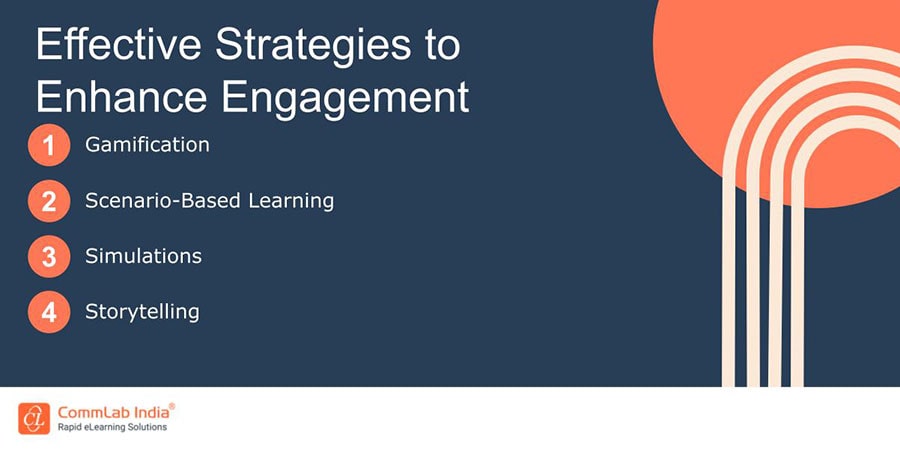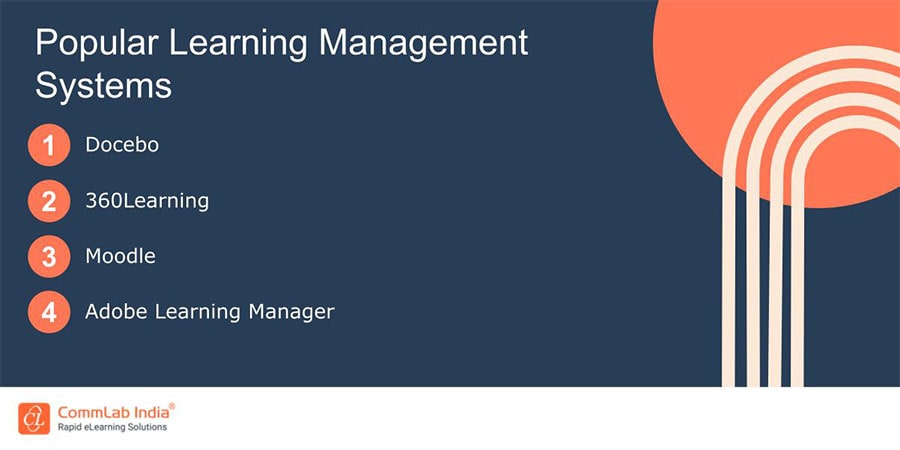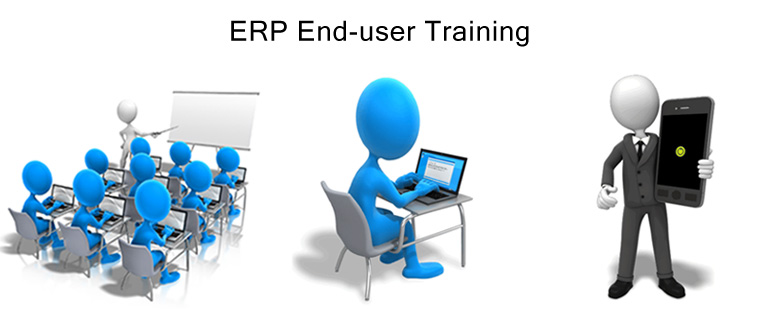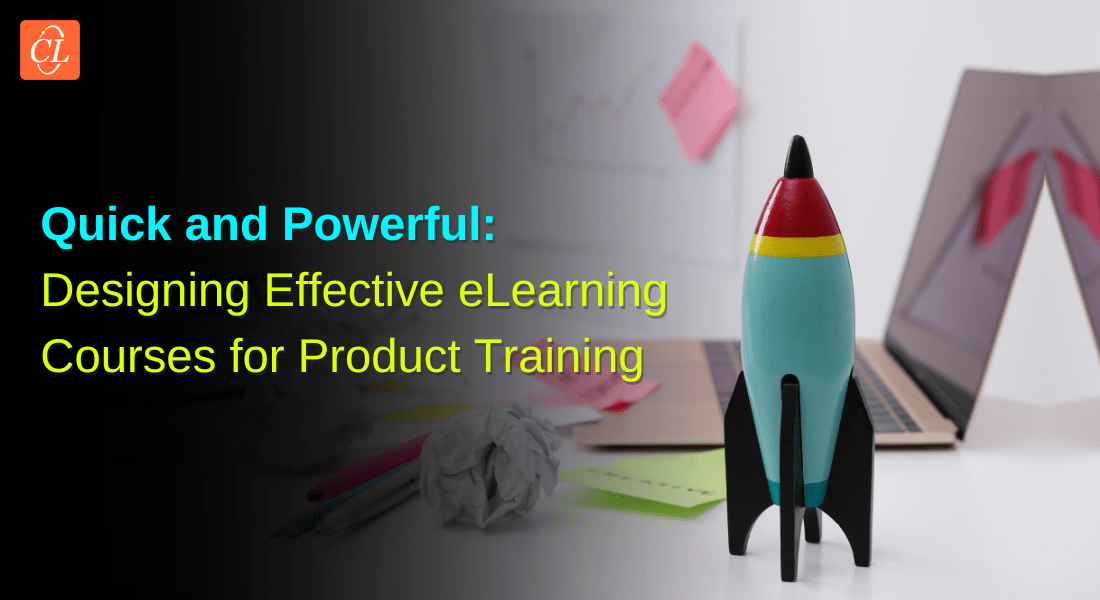Training Evaluation In eLearning: Is it Worth the Effort? + Approaches to Evaluate

ELearning leverages electronic devices and digital platforms to deliver educational and training content. Its flexibility and adaptability make it an increasingly popular option for a wide range of learners. While eLearning offers advantages, it's essential to ask a key question: how do we know if it's actually working? Training evaluation provides a structured way to analyze the effectiveness of any training program, including those delivered online. Is the effort required to properly evaluate eLearning training worth the time and resources invested? This blog post aims to explore this question in detail.
Wondering if training evaluation in eLearning is worth it?
Here are a few benefits -
- Ensuring learning objectives are met
- Identifying improvement areas
- Demonstrating ROI
- Boosting learner engagement and satisfaction
- Data for future development
Why Evaluate eLearning Training?
1. Ensuring Learning Objectives are Met
Evaluation is the primary tool to determine whether your eLearning achieves its intended goals. Are learners acquiring the knowledge, mastering the skills, or changing their behaviors as planned? Without evaluation, you're essentially operating in the dark.
→ Download eBook Now: Online Learning Services
2. Identifying Improvement Areas
Training evaluation pinpoints successes and reveals gaps in your eLearning content, its delivery, or the overall design. You might discover that certain modules are confusing, the pacing is off, or the technology used isn't well-suited for the material.
3. Demonstrating ROI
Organizations invest in eLearning for specific reasons. Evaluation data, such as improved employee performance metrics or increased knowledge scores, helps justify the investment and demonstrate the value of eLearning to stakeholders.
4. Boosting Learner Engagement and Satisfaction
Learners want to feel their time is well spent. Evaluation through surveys and feedback gives them a voice. Incorporating their input into improvement cycles boosts motivation and fosters a sense of investment in their own learning experience.

5. Data for Future Development
Past evaluations offer rich insights for new eLearning initiatives. You can spot successful strategies to replicate, potential pitfalls to avoid, and adapt your courses based on real-world learner needs.
Is it Worth the Effort? Addressing Challenges
- Time and Resources: Developing evaluation surveys, collecting data, and conducting analysis undeniably take time and can impact budgets. It's important to acknowledge this upfront and find ways to streamline the process through smart use of technology and prioritization.
- Participation Challenges: Getting learners to complete evaluations can be a struggle. They might see it as extra work or not understand its value. Clear communication on why their feedback matters and well-designed, short evaluations can dramatically increase participation.
- Data Analysis: Making sense of qualitative feedback and drawing conclusions from numerical data requires a certain skill set. Utilizing analytics tools offered within eLearning platforms or partnering with someone who has data analysis expertise can ease this burden.
- Solutions and Strategies: These challenges shouldn't deter you. Focus on simple but targeted evaluations, leverage built-in tools within your eLearning authoring tool or LMS, and make learner participation as easy and valuable as possible.
Approaches to Evaluate eLearning Training
It's important to understand that there's no single "best" way to evaluate eLearning. The ideal approach often combines multiple methods and takes place throughout the learning process. Here's a breakdown of common strategies -
1. Pre-training Evaluation
- Needs Assessment: Before designing the course, determine what your learners need to know and what gaps exist in their current skills. This helps ensure your eLearning targets the right areas. Methods include surveys, interviews, or focus groups with learners and stakeholders.
- Pre-assessment Tests: Measure existing knowledge through quizzes or tests. This provides a baseline to compare with post-training results, demonstrating how much learners truly gained from the course.
2. During-training Evaluation
- Knowledge Checks: Build short quizzes or knowledge check questions throughout the eLearning modules. These give immediate feedback to both the learner and instructor about areas where understanding may be weak.
- Interactive Activities and Simulations: Assess the application of skills in a realistic (but safe) setting. Simulations, role-playing activities, or complex scenarios test the ability to apply knowledge in different contexts.
3. Post-training Evaluation
- Post-assessment Tests: Directly compare pre- and post-test scores to measure gains in knowledge and skill acquisition. Consider making the post-test more challenging to see if learners can apply the knowledge in new situations.
- Learner Feedback Surveys: Go beyond objective measures and capture learners' subjective experience. Surveys can address course structure, delivery, content quality, relevance, and overall satisfaction. Use a mix of open-ended and scaled questions.
- Performance Evaluations: For job-related eLearning, observe how learners apply their new skills on the job. This may require coordination with supervisors or managers. Look for changes in performance metrics, efficiency, or quality of work.
Choosing the Right Evaluation Approach
- Learning Objectives: The core focus of your eLearning course should dictate your evaluation strategy. If the goal is mastery of facts, knowledge tests are essential. If it's behavioral change, performance evaluations become critical.
- Target Audience: Tailor your approach to your learners. Are they tech-savvy or do they need simple tools? Are they pressed for time, requiring short feedback mechanisms? Understanding your audience will help you choose evaluation methods they'll find accessible and valuable.
- Leveraging Technology: Most online learning platforms (or your Learning Management System) have built-in features for assessment and feedback. Use quizzes, surveys, and reporting dashboards to streamline data collection and gain insights. Here are a few LMS platforms you can get started with -

Wrapping Up!
Evaluating your eLearning initiatives might require an upfront investment of time and resources, but it's a wise investment indeed. Data on learner achievement, course effectiveness, and user experience help justify future eLearning efforts and ensure you're getting maximum value from your training programs. Simply put, evaluation makes your eLearning work harder and smarter. Here’s a bonus eBook to help you understand more about online learning services and how they can affect your corporate training.





